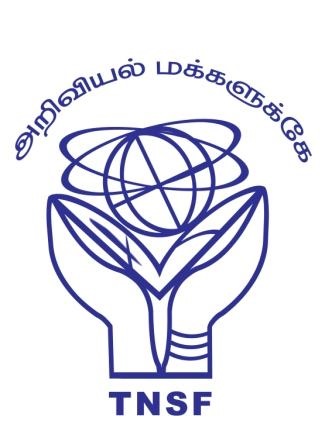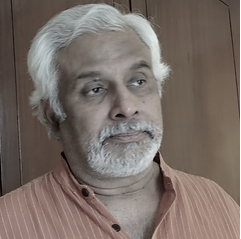About Program

This is part of its efforts to popularize science to the general public and students who are pursuing science as their career. TNSF attempt to focus on students on higher science as everyone knows that learning of science at college within the curriculum is not enough to acquire holistic knowledge of science at the appropriate time. Hence, to fill the gap between what students are acquiring through the curriculum and what it is required, TNSF is planning its activities on higher science to students who are pursuing higher education.

About the Lecture Intelligence is the capacity to do things with one’s mind. So we may use the term Academic Intelligence to do things with our mind like an academic: to think like a mathematician, like an experimental scientist, like a theoretical scientist, like a philosopher, like a historian, and so on. This is a form of intelligence that education ought to nurture in learners. Existing forms of institutionalised mainstream school education and higher education focuses narrowly on the understanding of concepts and mechanical high speed application, and fails to pay attention to Academic Intelligence in their syllabi, textbooks and other learning materials, classroom or online instruction, and assessment. Hence, those students and educators who value these aspects of learning will have to take care of it outside the curricula of institutions. In the talk KPM will outline ways for learners to acquire the understanding and abilities needed for developing Academic Intelligence, and for educators to help the learners acquire these forms of understanding and abilities. Since TNSF is a forum for science, KPM will focus on the Academic Intelligence needed for thinking like a scientist, and within that terrain, KPM will narrow it down further to thinking like a theoretical scientist to construct theories and critically evaluate theories.
